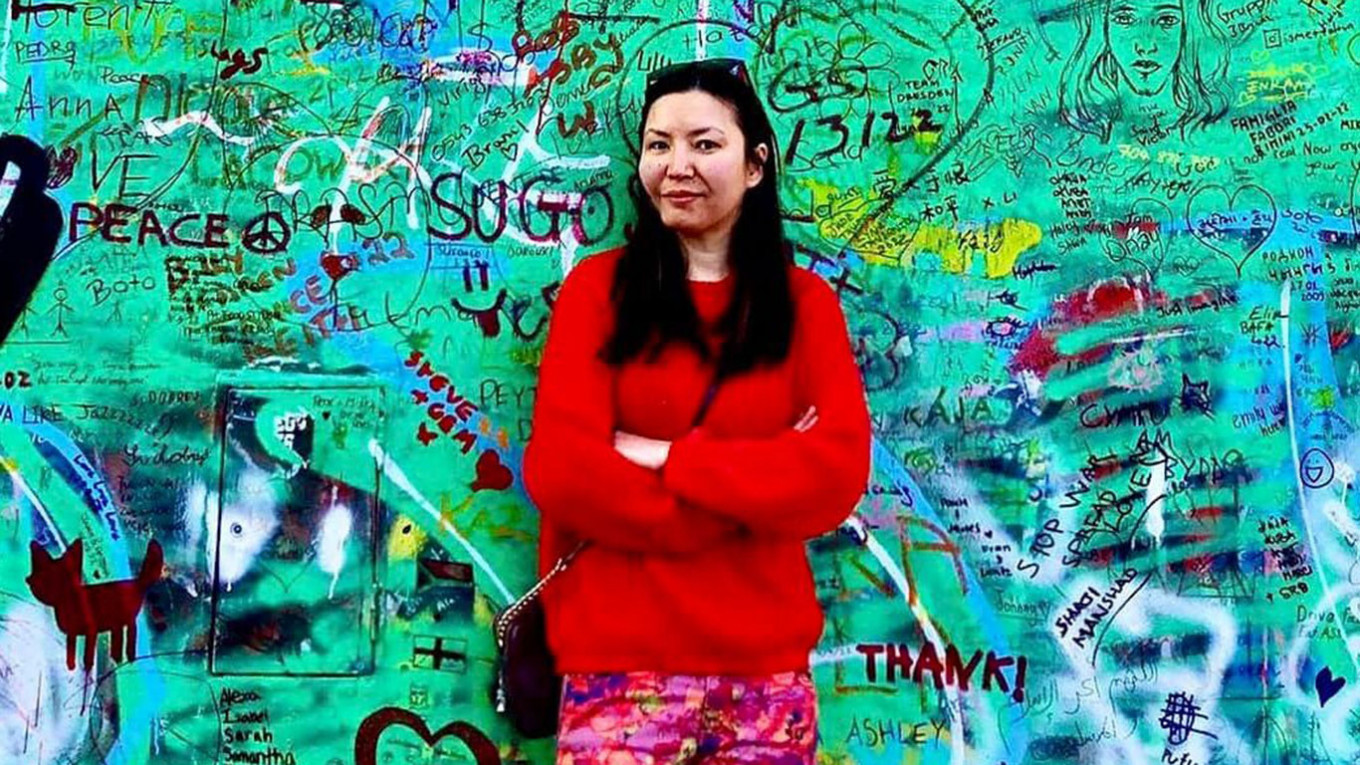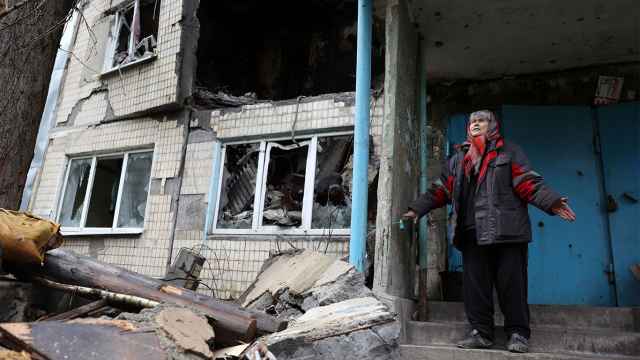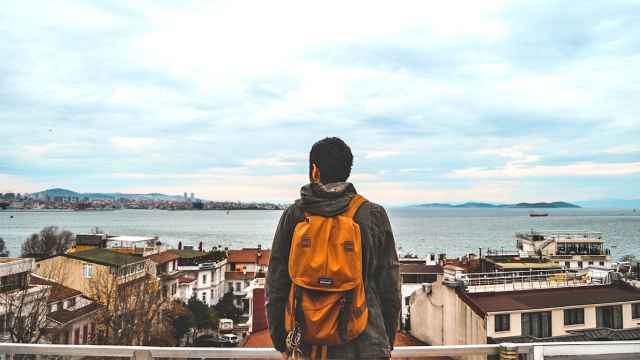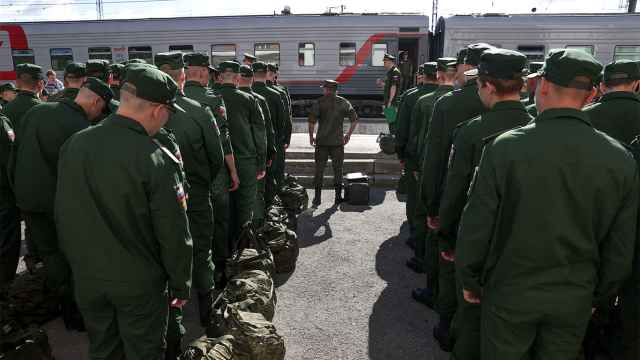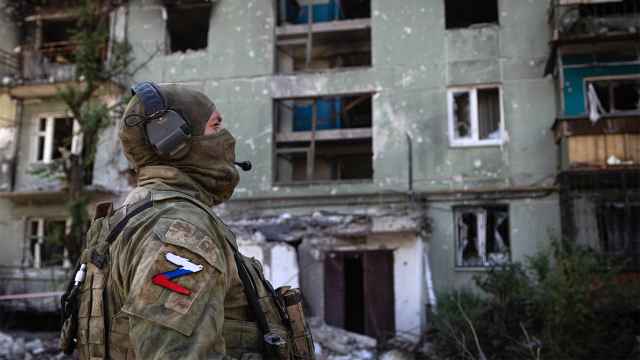From her California home, quantum computer scientist Maria Vyushkova uses open-source information to track how many Russian soldiers from the Siberian republic of Buryatia have been killed in the invasion of Ukraine.
An ethnic Buryat born in Russia and member of the anti-war Free Buryatia Foundation, Vyushkova analyzes social media posts, official statements and media reports about funerals to estimate the number of Buryat deaths in Ukraine.
“At the moment, activists have gathered information about 1,700 killed Russian soldiers of which 48 or 49 are Buryat. That is 2.8%. In comparison, Buryats only make up 0.3% of the Russian population,” said Vyushkova.
The disproportionately high death toll of Buryats was one of the reasons for the establishment last month of the Free Buryatia Foundation, the first anti-war organization founded by members of a Russian ethnic minority.
Lying between Lake Baikal and Mongolia in eastern Siberia, the republic of Buryatia is one of Russia’s poorest regions, with average monthly salary of about 44,000 rubles ($571). Approximately one-third of its population practices a mixture of Buddhism and shamanism.
While ethnic Buryats are concentrated in Buryatia, they are one of the country’s largest indigenous groups and are also found in neighboring Russian regions, as well as nearby Mongolia and China.
The poverty of their home regions means that, for many young Buryats in Russia, joining the Armed Forces is the only way to get a stable income.
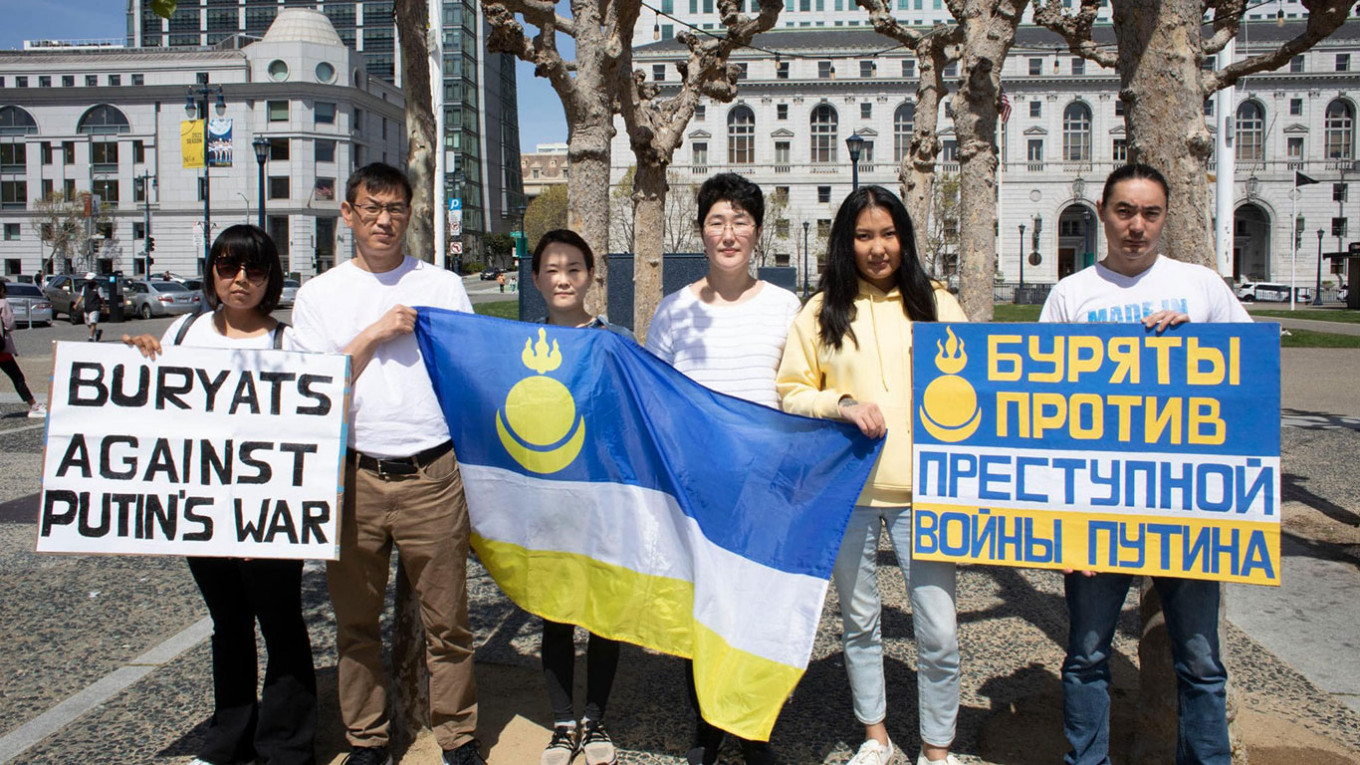
“There is a correlation between the median income of the region and the death toll,” Vuyshkova told The Moscow Times. “Almost no one from Moscow has been killed.”
The Free Buryatia Foundation was set up shortly after the start of the war and its members are mainly Buryat emigres, although they have some volunteers inside Russia. The group’s leader, journalist Alexandra Garmazhapova, lives in the Czech capital of Prague.
As well as releasing videos in which Buryats condemn the Russian invasion of Ukraine, the group provides legal advice to Buryat servicemen who do not want to fight, and monitors the number of Buryats killed and wounded in the ongoing conflict.
One of the Free Buryatia Foundation’s aims is to push back against the “Putin’s soldiers” nickname that Ukrainian journalists coined for Buryats fighting in Ukraine because of the sheer numbers of them present in Russian units.
“When Ukrainians talk about the Russian troops, they always mention Buryats and Chechens,” Garmazhapova said. “And we do not want this reputation.”
The phrase was later appropriated by a pro-Kremlin youth movement.
After one of the group’s recent videos featuring Buryats criticizing the Russian invasion, Garmazhapova told The Moscow Times she got hundreds of messages of support from across Russia, including the Buryat capital of Ulan-Ude as well as urban centers Moscow and St. Petersburg.
“Because of the military censorship, people who do not support the war feel like they are alone,” Garmazhapova explained. “Like there is something wrong with them.”
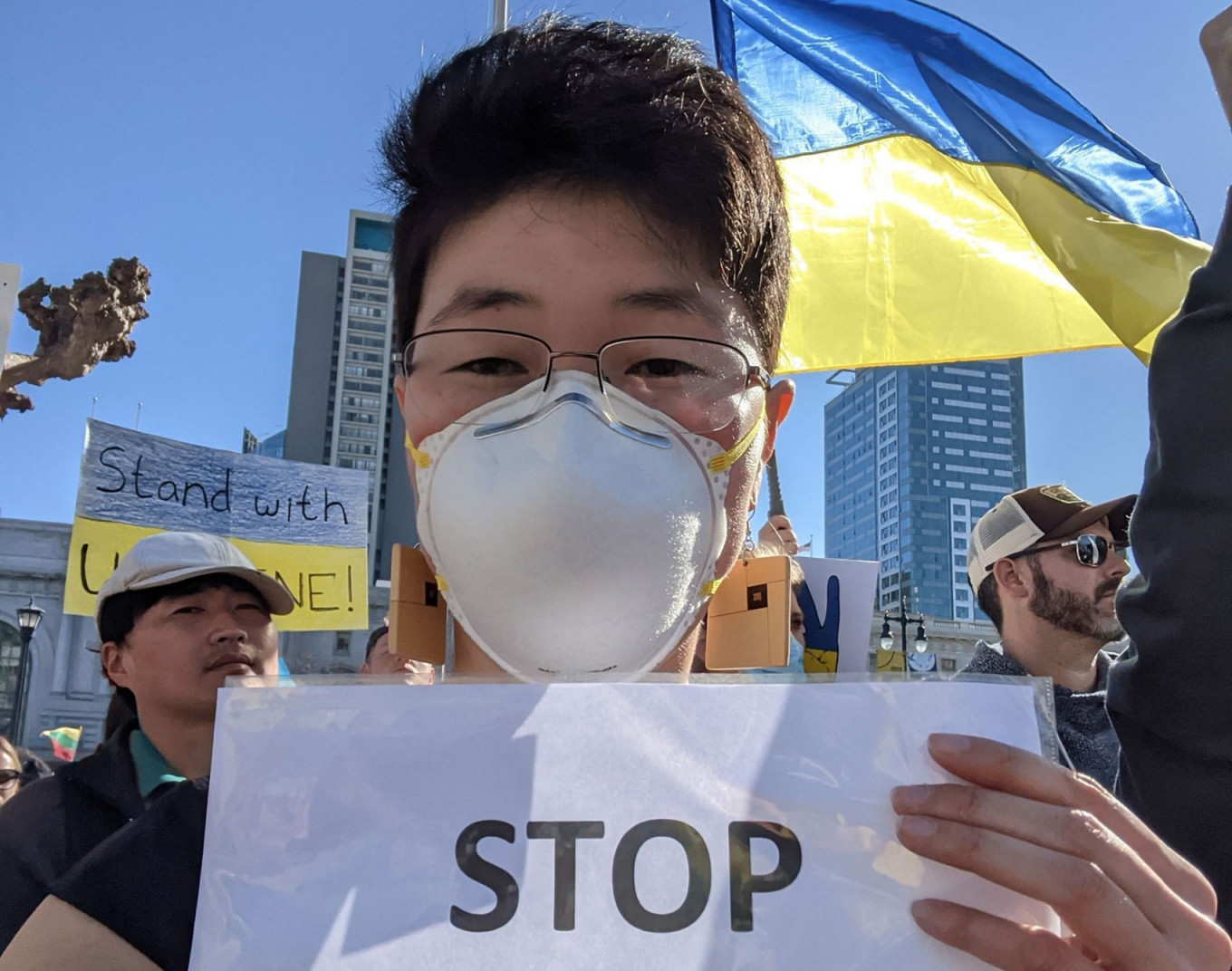
It is difficult to gauge the level of the support among Buryats for the invasion of Ukraine, which is over 5,000 kilometers from the republic of Buryatia.
But there is anecdotal evidence of opposition.
On Monday a local resident damaged a Russian flag emblazoned with a large “Z” – a symbol of support for the war – in front of central Ulan-Ude’s famous bronze Lenin head. Police said the following day that a 46-year-old man had been arrested in connection with the incident.
And a woman in Ulan-Ude demanded Tuesday that a minibus driver remove the letter “Z” from his vehicle. The driver took her to the police station.
While the group has counted almost 50 Buryats killed in Ukraine, a lack of official data about Russian casualties means the real death toll is likely to be far higher.
At least 85 soldiers from the republic of Buryatia have been killed in Ukraine since the beginning of the invasion, according to open-source research published this week by independent media outlet Mediazona that counted both ethnic Russians and ethnic Buryats.
Dead soldiers from Buryatia have been as young as 18.
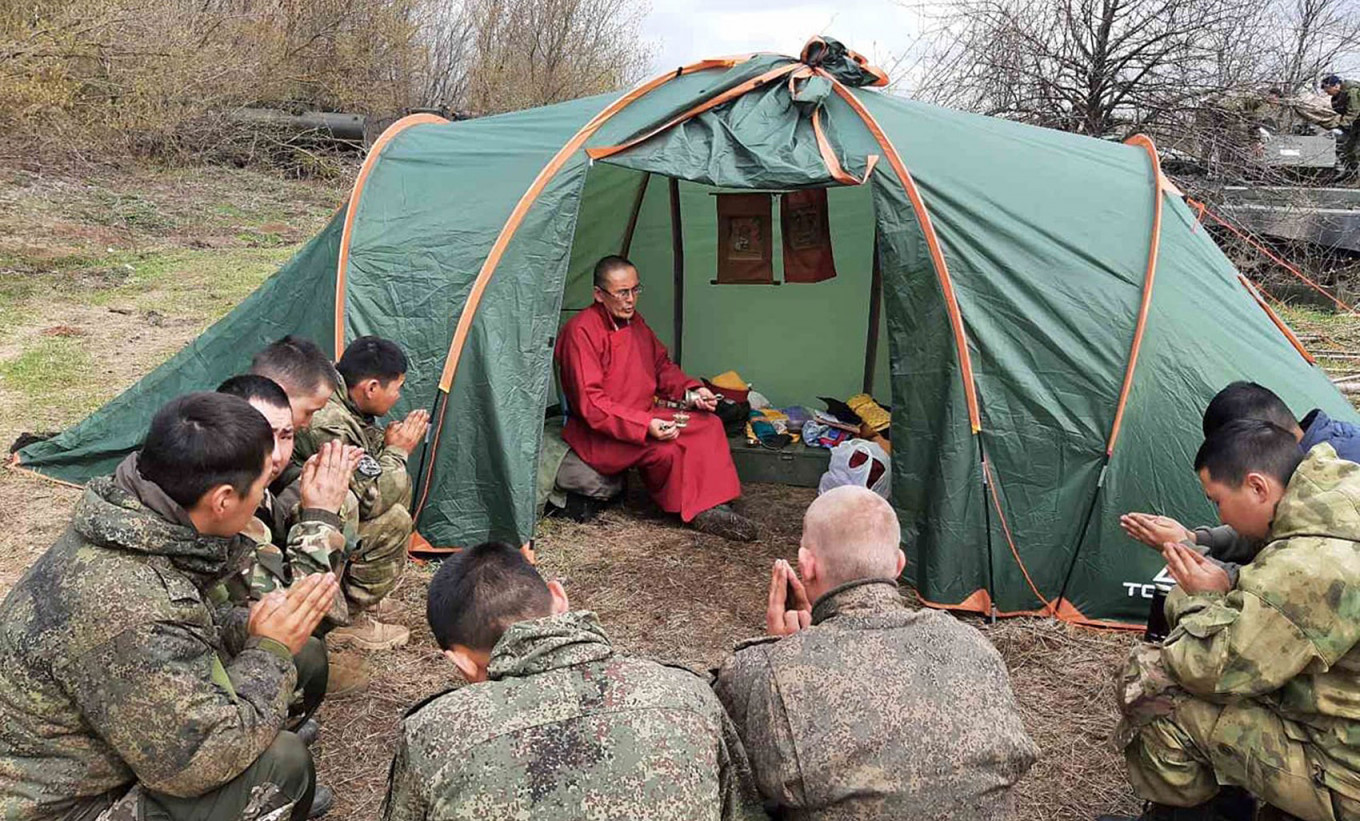
Of all Russia’s regions, only the majority Muslim North Caucasus republic of Dagestan had a higher death toll than Buryatia, according to the independent Mediazona news website.
“This war,” Vyushkova said, “is like a vampire. It sucks the young blood out of Buryatia.”
Garmazhapova’s group also provides help for Buryat servicemen who do not want to fight in Ukraine. “What we can do here is put the families of the soldiers in touch with lawyers and human rights organizations,” she said. So far, about 20 people have contacted the foundation in connection with this issue.
Many of the killed Buryat soldiers were university graduates who you might not expect to be in the army, according to Vyushkova, including teachers, lawyers and a programmer.
“They couldn’t find any jobs,” Vyushkova said. “Just imagine: a 40-year-old junior sergeant with an arts teacher degree dies in the war, leaving three orphaned kids. These were people who obviously had plans, ambitions, and wanted to do something with their lives.”
Another of Vyushkova’s discoveries when she was looking into Buryat soldiers’ deaths was that the number of high-ranking Buryat officers killed in Ukraine was significantly lower than that of Russian officers overall – one indication of systemic discrimination against Buryats in the military.
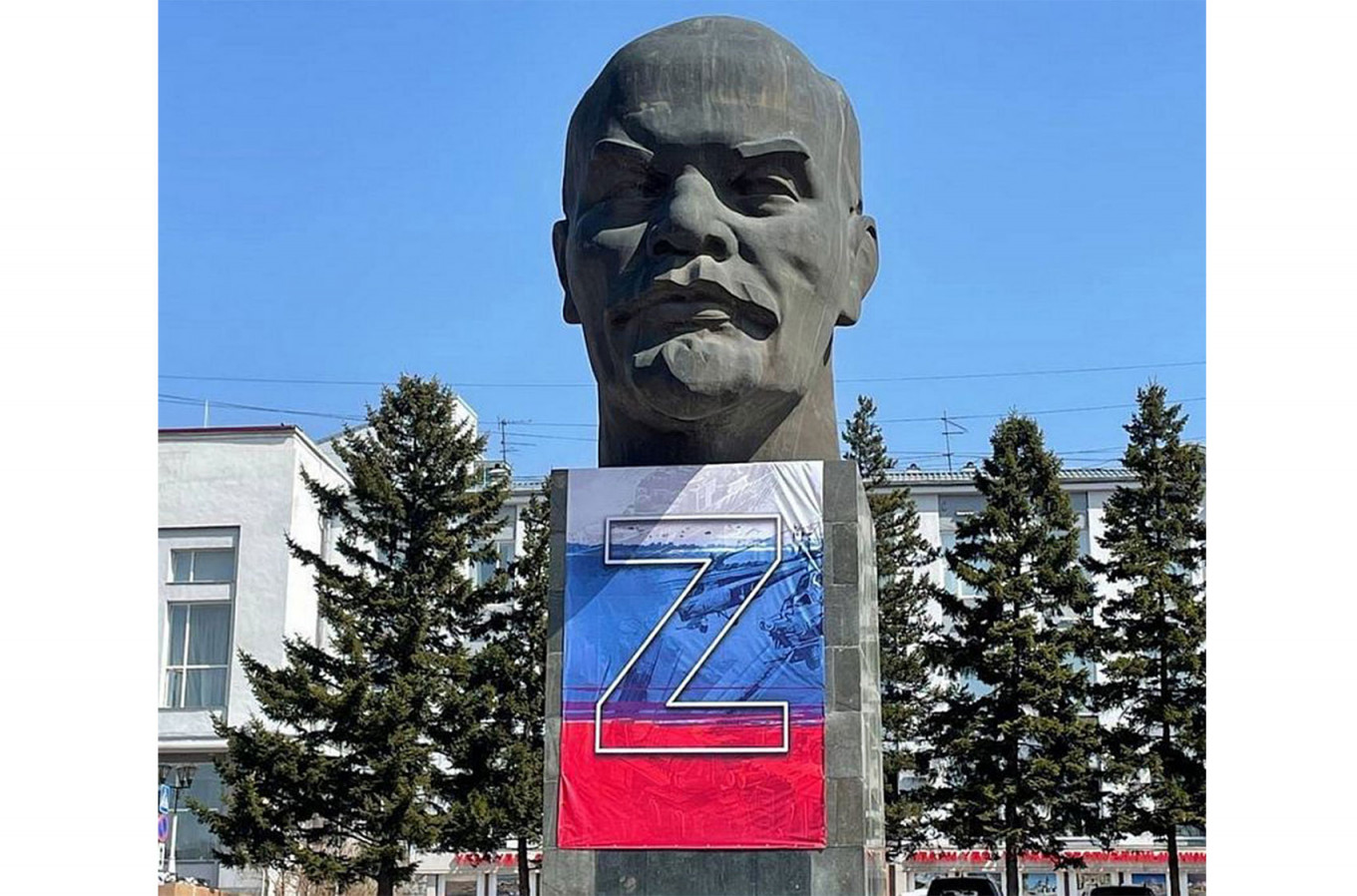
“One of our volunteers was in the army,” Vyushkova said. “He told me that in the army, there was even more racial discrimination than in other spheres of life in Russia. ‘They simply will not let you climb up the ranks,’ is what he said.”
Discrimination against Buryats is not something confined to the Armed Forces.
Garmazhapova said she never felt safe using the St. Petersburg metro because people could become aggressive. “The weirdest part is that you get used to it,” she said.
And the deputy head of the Free Buryatia Foundation Viktoria Maladaeva, received hundreds of insults and threats because of her ethnicity when she won the 2014 Mrs. St. Petersburg beauty pageant.
“Living in Moscow and St. Petersburg, we encountered racism on a daily basis,” said Garmazhapova, which is why she has been particularly angered by Russian claims to be “de-nazifying” Ukraine.
“One of our volunteers was beaten up in the streets, the other was bullied at school in Moscow and had to go back to Buryatia. We know that the first country that needs denazification is Russia itself,” she said.
A Message from The Moscow Times:
Dear readers,
We are facing unprecedented challenges. Russia's Prosecutor General's Office has designated The Moscow Times as an "undesirable" organization, criminalizing our work and putting our staff at risk of prosecution. This follows our earlier unjust labeling as a "foreign agent."
These actions are direct attempts to silence independent journalism in Russia. The authorities claim our work "discredits the decisions of the Russian leadership." We see things differently: we strive to provide accurate, unbiased reporting on Russia.
We, the journalists of The Moscow Times, refuse to be silenced. But to continue our work, we need your help.
Your support, no matter how small, makes a world of difference. If you can, please support us monthly starting from just $2. It's quick to set up, and every contribution makes a significant impact.
By supporting The Moscow Times, you're defending open, independent journalism in the face of repression. Thank you for standing with us.
Remind me later.



